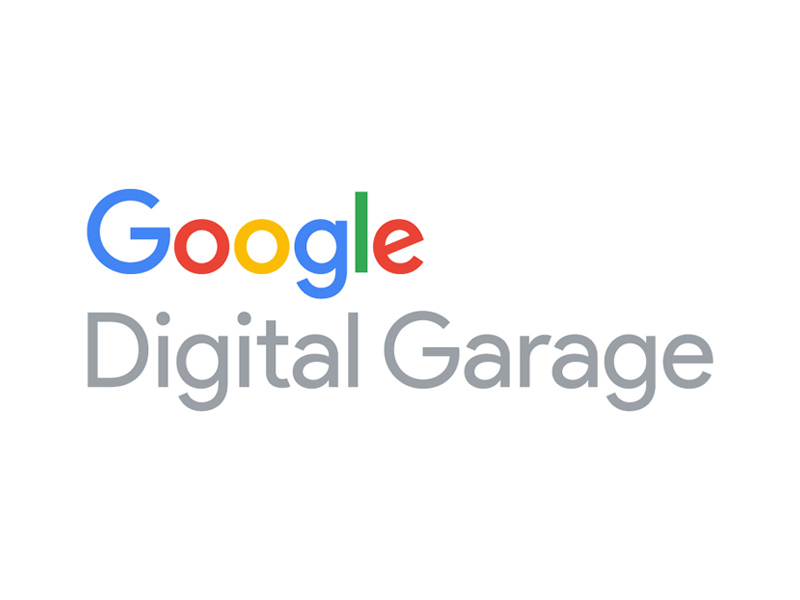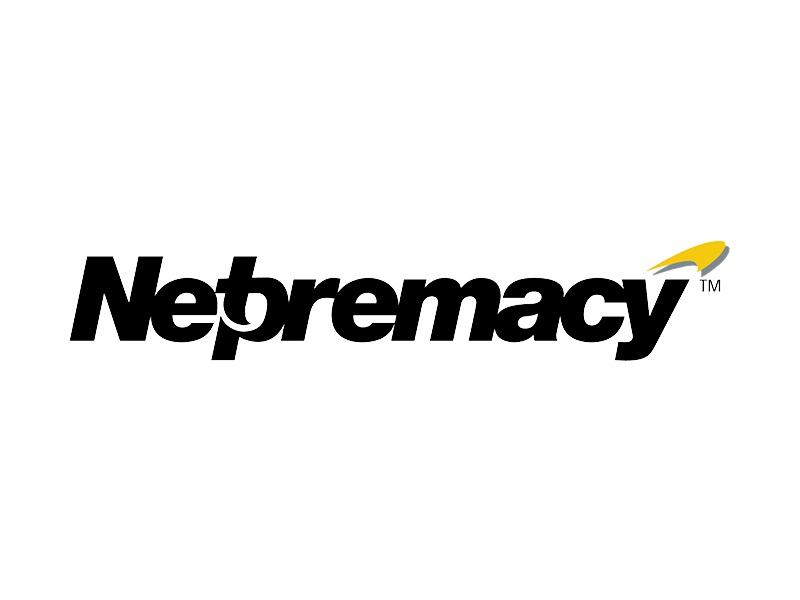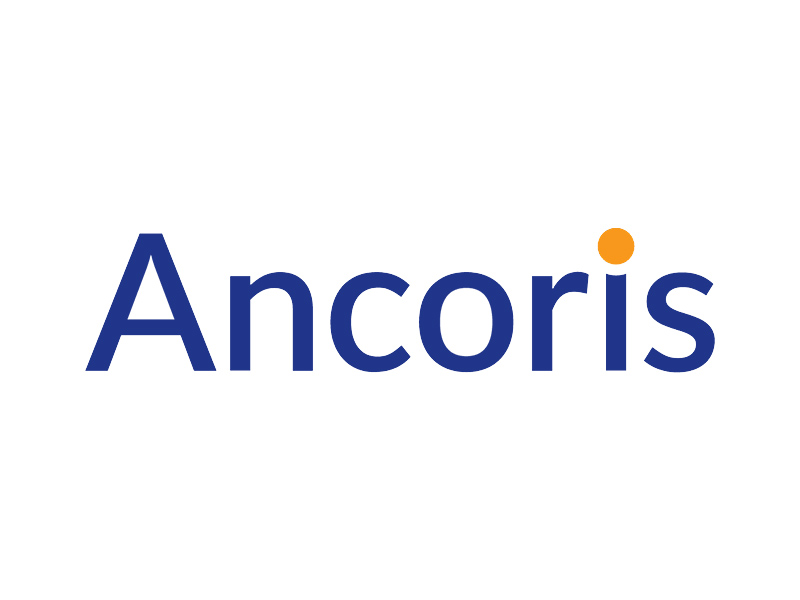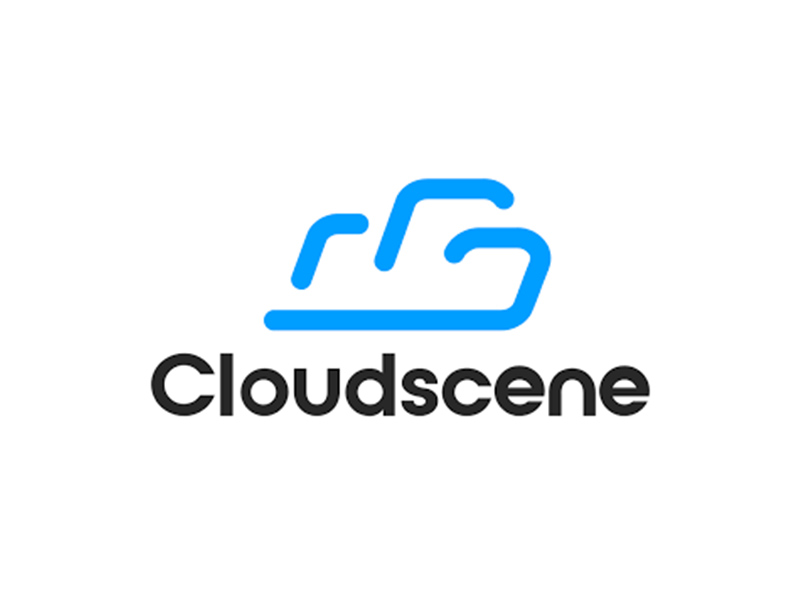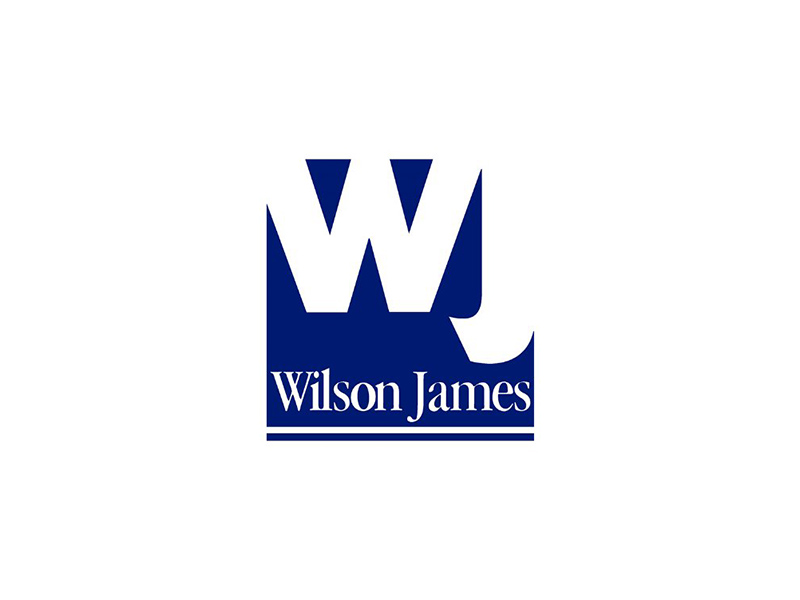As more and more organisations evaluate their positions in the digital age, there are a number of challenges that come in the way of success. Organisational culture is a key decisive factor when it comes to digital transformation. New-age startups born in this era are already showing new cultural set-up devoid of bureaucratic silos, among other things, to allow flexibility, innovation and agility.
McKinsey recently found out that organisational culture is the highest self-reported challenge to digital effectiveness.
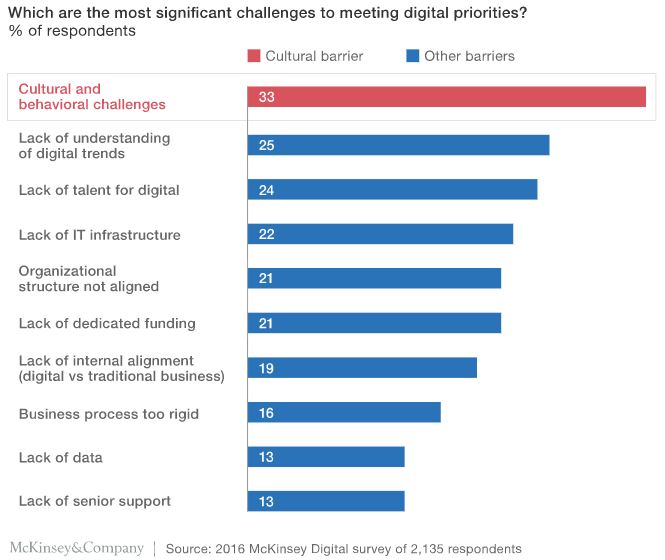
In our last blog, we discussed how important it is to be able to monitor different customer touchpoints to ensure a positive customer-first experience. With organisational culture being a major concern getting in the way of digital success, it would be very difficult to achieve a unified understanding of customer behaviour and therefore, customer experience endeavours might suffer.
Here are a few areas every organisation would have to look into to become ready for the digital transformation.
Get rid of hierarchies.
This is a no-brainer. We have been noticing for a while now that the trend has shifted from working in large corporates to joining start-ups. Why? Freedom from bureaucratic silos. Hierarchies in any organisation ensure structured operations but with digital technologies causing disruptions in every field, such structures are under constant challenge. Layers of management restrict innovative ideas to reach the C suite. Employees in any new-age organisations need autonomy and freedom to respond to potential digital opportunities.
Encourage ‘human’ leadership.
With hierarchical models going obsolete, there is an increasing demand for transparent, honest, ‘human‘ leaders. The digital age is largely governed by open-minded people who are able to work within cross-functional teams and embrace collaboration. Trust is definitely a trait that leaders need to exercise within their teams to successfully tap into the full potential of employees.
Focus on the well-being of employees.
Digital technologies are disrupting every business function. Employees across all functions need to be looked after and provided with the resources to leverage on digital opportunities. Collaboration and flexible working conditions are two very important trends in modern workplaces. There are abundant digital tools available today that can help connect teams seamlessly. Archaic working conditions, therefore, would have to be re-evaluated to make way for innovation and fluid communication.







